As a late-millennial child, I watched Hollywood try to capture gorillas – Tarzan, George of the Jungle, Mighty Joe Young, even King Kong. None of it felt like the real thing. Around the same time, I watched Sir David Attenborough sit quietly among mountain gorillas and recognised the truth instead: wonder, humility, and recognition. That feeling is what finally carried me to mountain gorilla trekking in Rwanda.
In December 2024, my wife, Rizqah, and I climbed the flanks of Mount Karisimbi towards Volcanoes National Park. The first hour and a half rose steep and steady through terraced farms, then the moss-stone boundary wall announced the forest. Thick mud and lush, breathing green all around us.
And then, an encounter of sheer presence and indescribable magnitude. At least ten gorillas drifted in and out of view, including two immense silverbacks anchoring the Susa family and a baby testing the world with the same curiosity I’ve seen in my niece’s eyes. Language felt clumsy. What remained was the quiet conviction that love for this planet can still outweigh the noise.
Of all the wildlife encounters I’ve been privileged enough to experience, this was the most memorable. And, more than anything, I want to share that experience with you, my fellow safari explorer. Read on to learn more about our journey through the “Land of a Thousand Hills”.
Why Rwanda – and Why Volcanoes National Park?
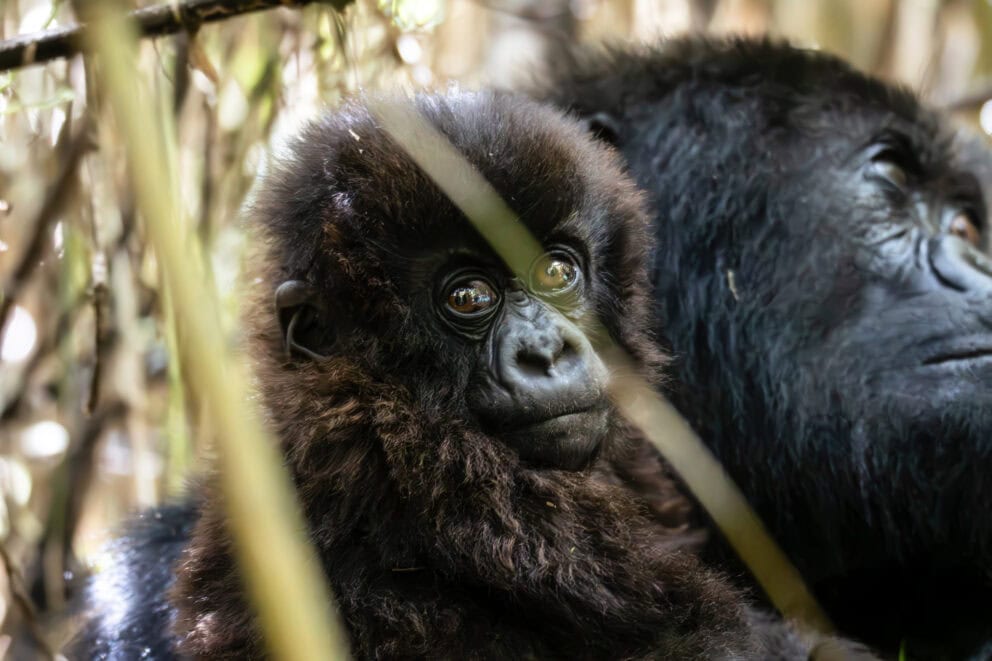
Perched in the Virunga Massif, Volcanoes National Park protects a significant portion of the world’s remaining mountain gorillas. Encounters here are intimate by design – small groups, expert guides, and a strict one-hour viewing window to keep the gorillas’ needs first. It’s why many travellers choose a Rwanda safari for a first (or repeat) gorilla trek.
Rwanda’s success with mountain gorillas is no accident – it’s the result of a conservation model that pairs strict trekking limits with meaningful community benefits and science-led care. Every gorilla permit helps fund park protection, and 10% of tourism revenues are channelled to villages bordering Volcanoes National Park through the national Tourism Revenue Sharing programme – building schools, clinics, and real buy-ins for wildlife.
The country is also making more room for gorillas by expanding Volcanoes National Park by almost a quarter and restoring buffer lands to native habitat, while daily monitoring by trackers and veterinary teams such as Gorilla Doctors enables rapid response to snares or illness.
The effect is tangible: the global mountain gorilla population now exceeds 1,000, marking a rare conservation comeback that Rwanda is committed to safeguarding.
Inside the Gorilla Trekking Experience in Rwanda
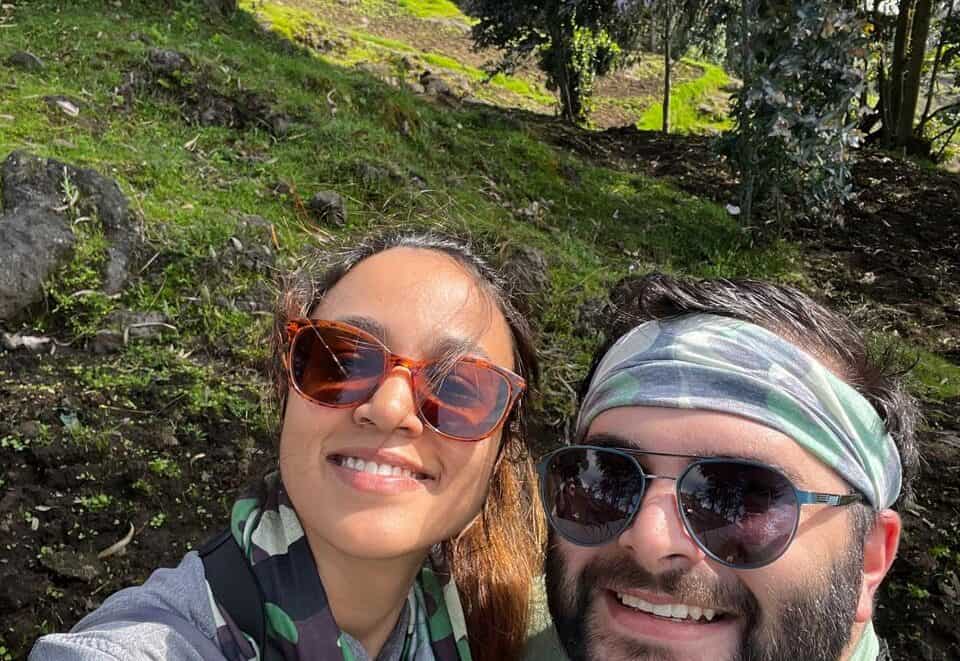
- Briefing & Allocation: You begin at park HQ for a safety and etiquette briefing, then you’re assigned a gorilla family based on fitness and trail conditions. Time with the gorillas is limited to a single, unhurried hour. We were allocated the Susa family – the group that first drew Dian Fossey into long-term behavioural research at Karisoke between Karisimbi and Bisoke. Standing among them felt like stepping into a living line of conservation history.
- On the Trail: Expect altitude, farm fringes, and montane forest. Our Susa trek was roughly 90 minutes up and an hour down – steep, muddy and unforgettable. Porters are invaluable for balance and are a direct way to support local livelihoods.
- When to Go: Trekking runs year-round. Many travellers favour the drier windows – June to September and December to February – for firmer trails and clearer forest conditions. We trekked in December: hot, humid, overcast – and utterly beautiful.
- Add-Ons: Extend south to Nyungwe for chimpanzees or east to Akagera for classic savannah. Our Rwanda safaris – from short escapes to wellness-leaning journeys – will give you a feel for pacing.
How to Book a Rwanda Gorilla Trekking Permit
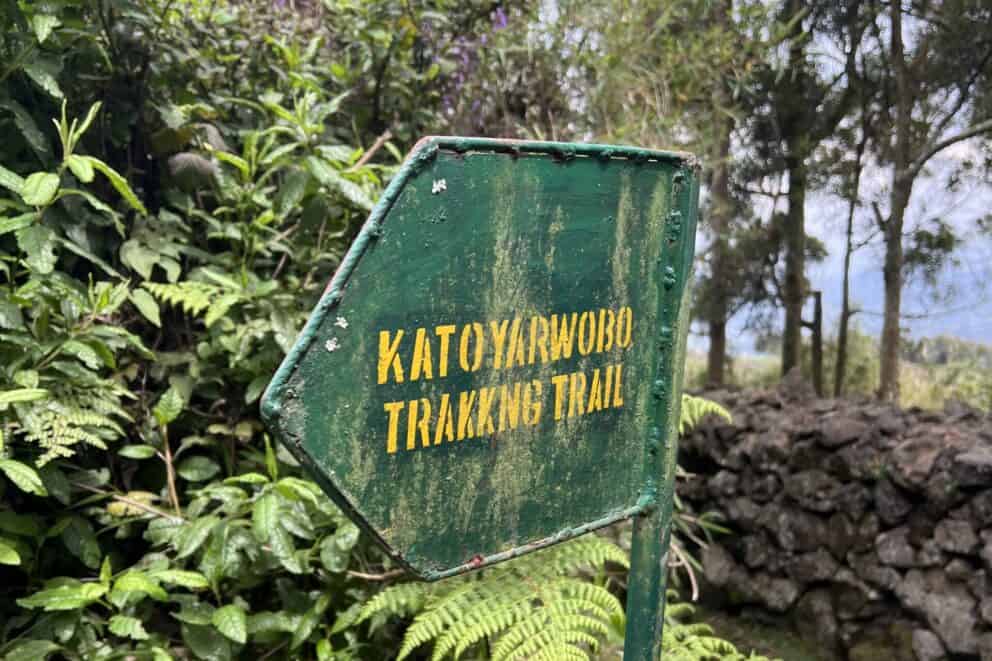
Permits are capped and sell out quickly in peak months. Your Discover Africa planner will secure your Rwanda gorilla trekking permit, match you to suitable treks, and coordinate logistics end-to-end so your focus stays on the experience.
Rwanda Gorilla Trekking Cost – What to Budget
The Rwanda gorilla trekking cost is centred on the mandatory permit, with a portion directed to conservation and community initiatives. You’ll also budget for transfers, guiding, and your chosen lodge tier. We’ll confirm current permit pricing and craft an itinerary that fits your style and dates – from value-forward to ultra-luxury – in our Rwanda safaris planning process.
What to Wear for Gorilla Trekking in Rwanda
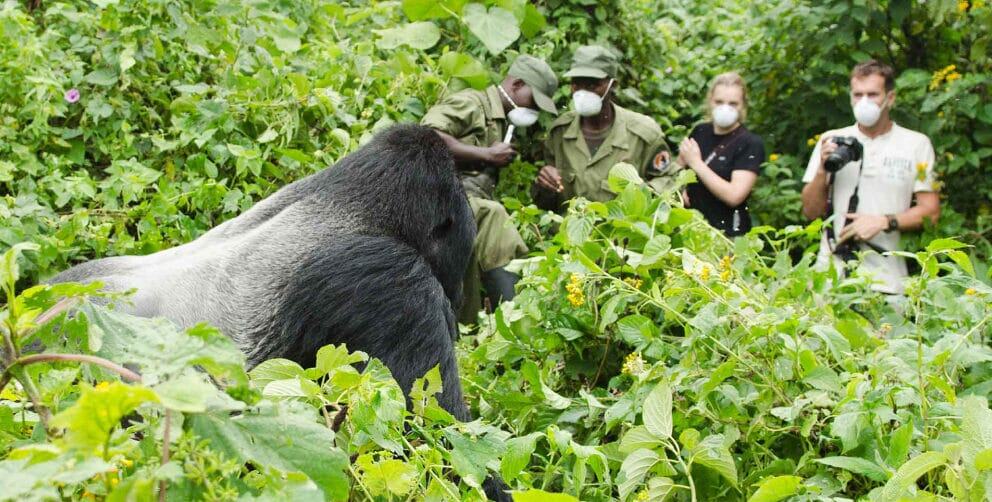
Forest comfort is about simple, durable kit that copes with mud, stinging nettles, and changeable weather:
- Waterproof hiking boots with good grip
- Long trousers and a long-sleeved top in neutral tones
- Lightweight rain jacket; gaiters or gardening gloves if you prefer
- Compact camera gear with strong low-light performance – big lenses feel heavy fast on steep, muddy sections
- Daypack with water and a snack
Where to Stay Near Volcanoes National Park
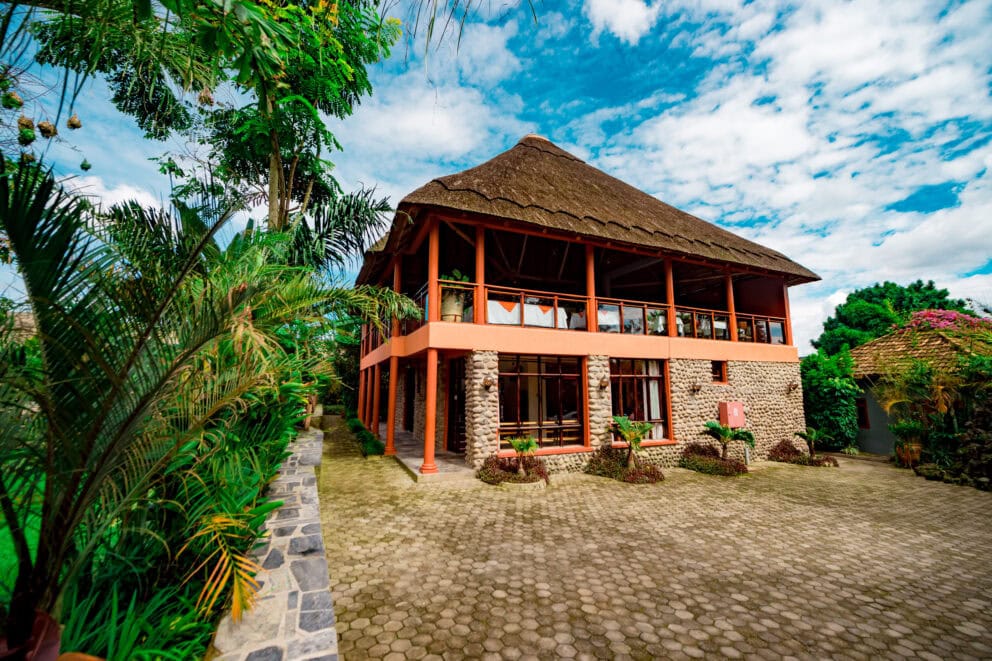
We based ourselves at Tiloreza Volcanoes Ecolodge in Musanze – warm, attentive staff, lovely food and air-conditioned rooms; a relaxed, value-forward base close to park HQ. If you’re leaning luxe or want big-view perches, we also love working with:
- Virunga Lodge – the original ridge-top classic with cinematic views over the Virungas and Twin Lakes.
- One & Only Gorilla’s Nest – polished pavilions in fragrant eucalyptus; a pampering base with easy park access.
- Sambora Kinigi Lodge – gourmet dining; serene views of the surrounding forest from your private cottage.
Kigali: Begin With Context, End With Gratitude
On day one, our driver-guide Keba recommended visiting the Kigali Genocide Memorial. It’s harrowing and essential – a frame for everything that follows in Rwanda. Discover Africa itineraries can include a guided stop here before the two-and-a-half-hour transfer to Volcanoes National Park. Your planner can advise on timing that suits your arrival and energy levels.
FAQs for Explorers
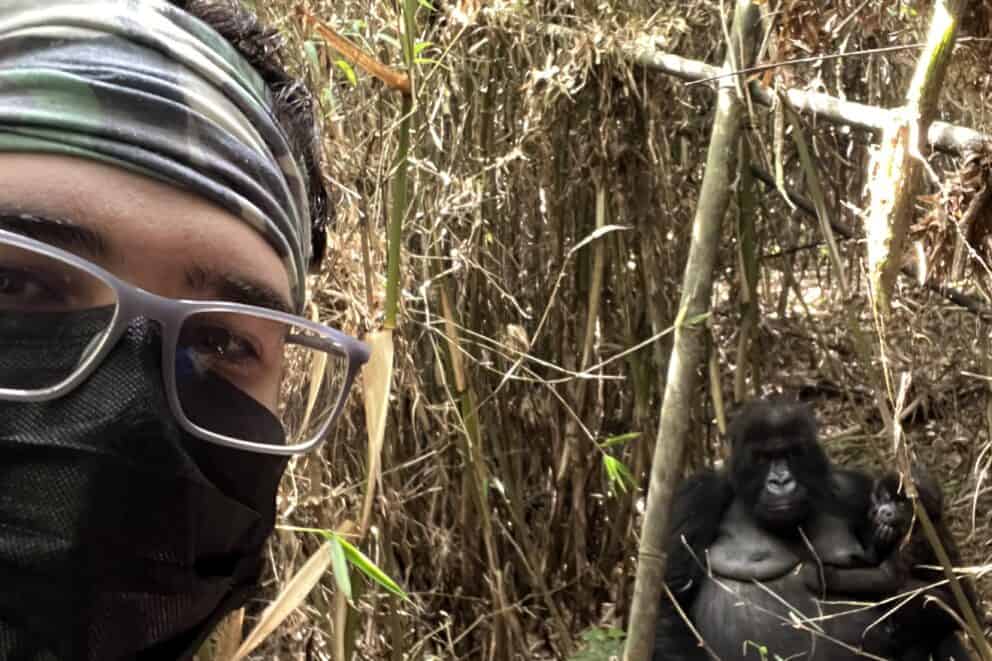
Is Gorilla Trekking Rwanda Volcanoes National Park Suitable for First-Timers?
Yes – Rwanda’s model emphasises small groups, well-maintained access points and superb guiding, which is why many travellers choose it for their first trek.
How Far Will I Hike?
It depends on where your family nested – anything from under an hour to several hours. Our Susa trek was roughly 90 minutes up and an hour down on steep, often muddy trails. We’ll match you to an appropriate group.
What Camera Setup is Best?
Compact, fast lenses shine in dim forest light. Keep it light – you’ll thank yourself when the trail turns to clay.
Can I Add Chimpanzees or the Big Five?
Absolutely – extend to Nyungwe for chimps or Akagera for classic savannah. See ideas in our Rwanda safaris collection.
Ready To Plan Your Mountain Gorilla Trekking in Rwanda?
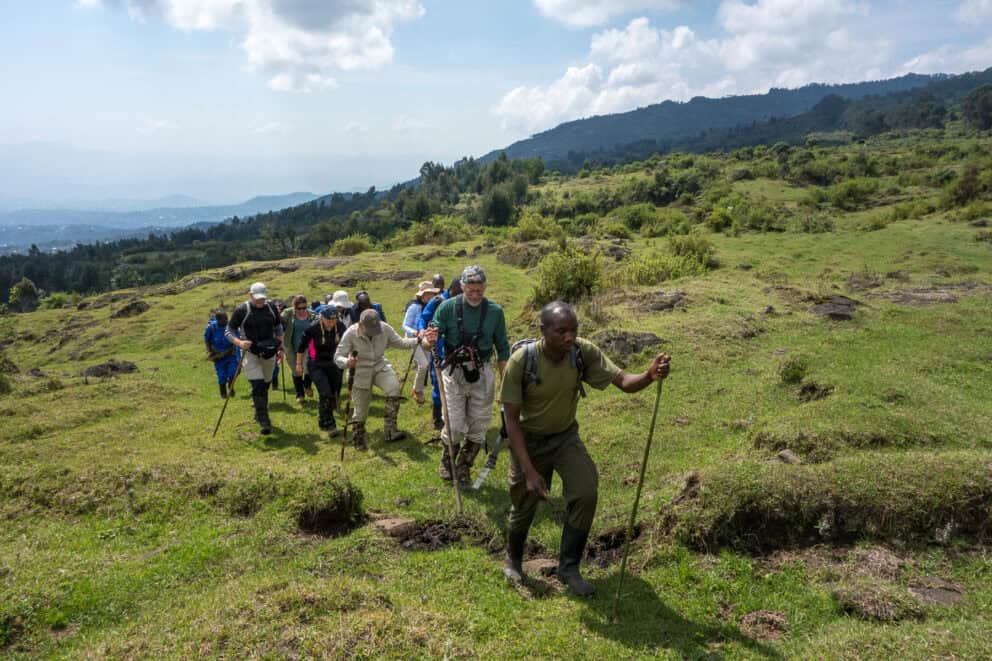
Discover Africa arranged the entire journey – permits, lodge bookings, transfers – and paired us with Keba for the duration. That kind of seamless planning matters in a destination where availability is tight and timing is everything.
If you’ve ever felt that ache for wild places – and the relief they bring – Rwanda answers with grace. Speak to a Discover Africa safari expert to secure your Rwanda gorilla trekking permit, choose the right lodge, and shape a Kigali-plus-Volcanoes escape (or a longer circuit with Nyungwe and Akagera) you’ll carry for years.






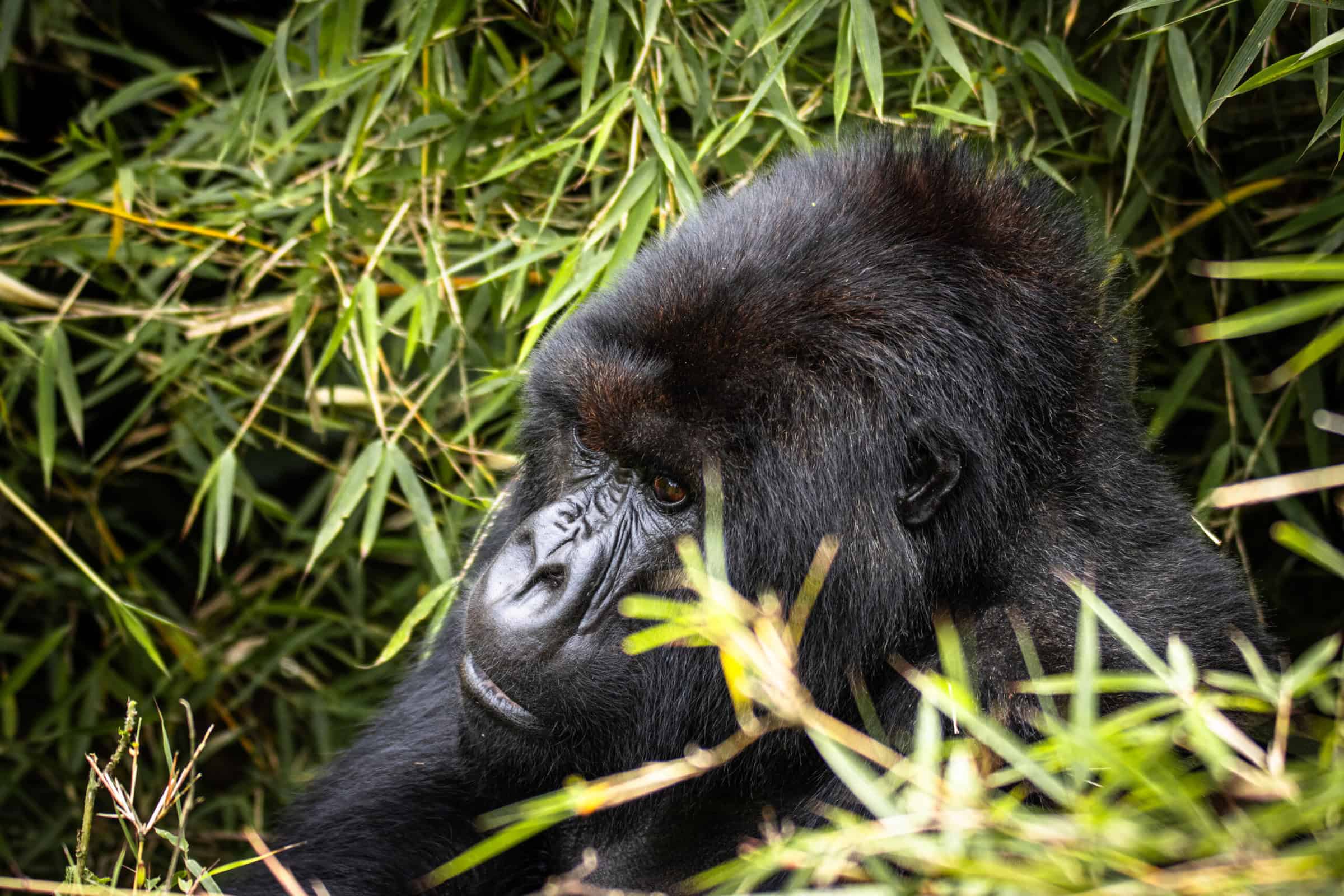

 Blog List
Blog List

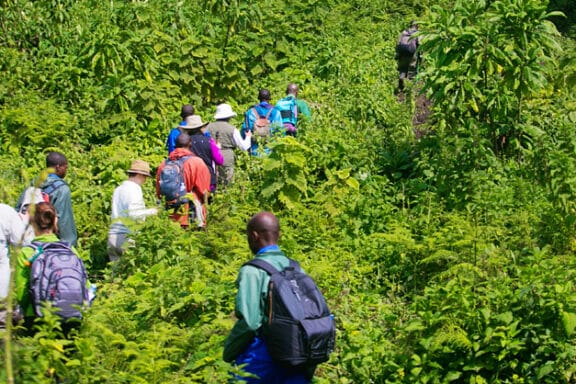

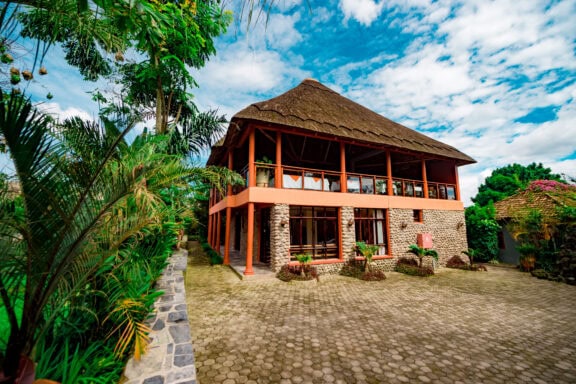
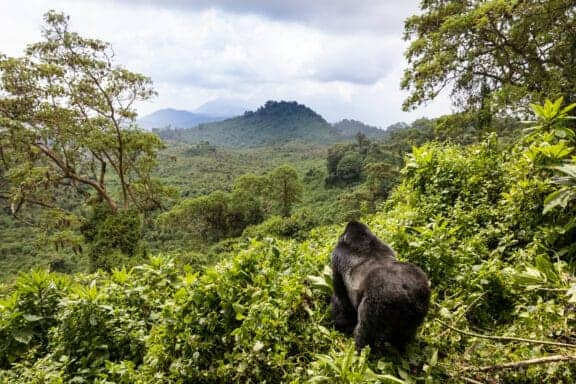

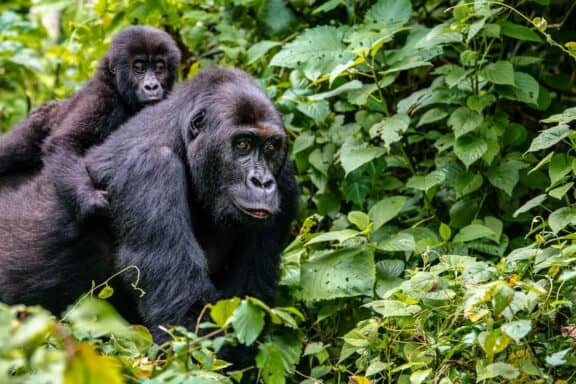
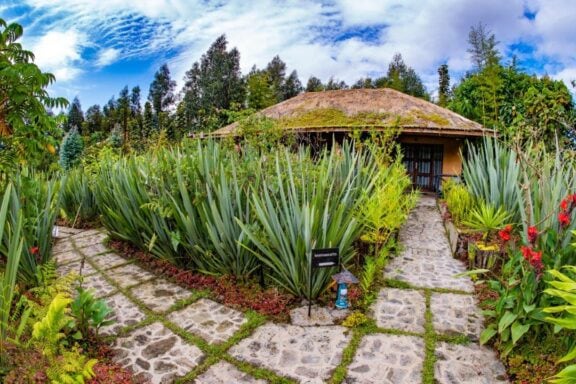
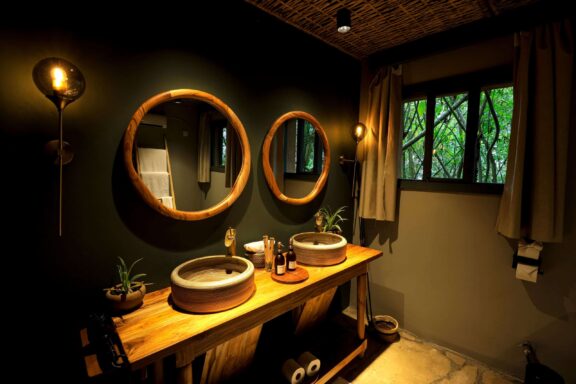
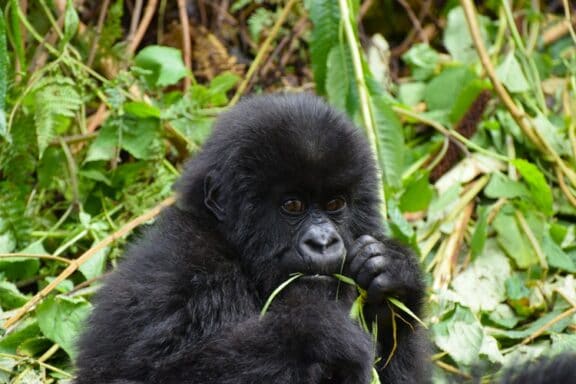
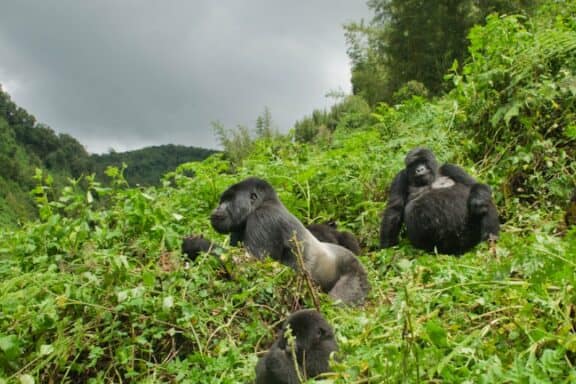
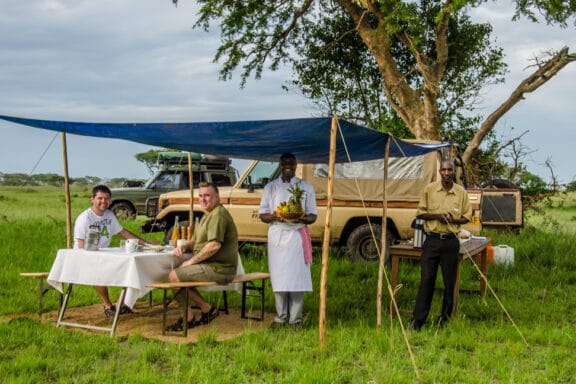
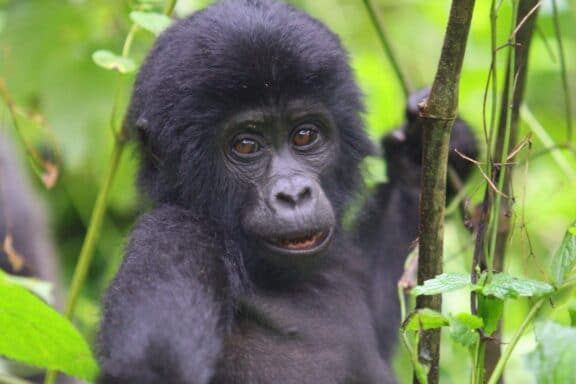
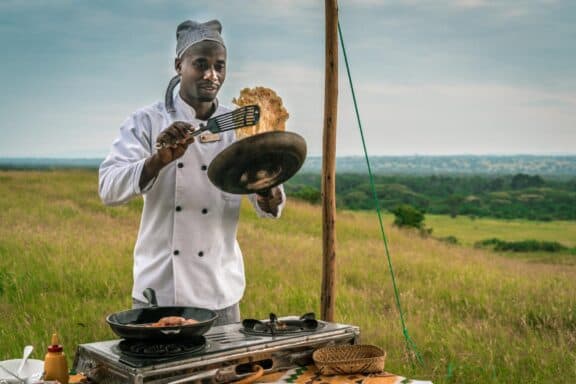




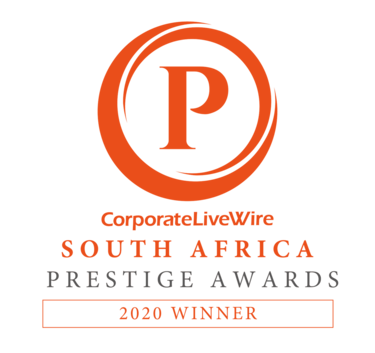







Written by Micky Baker
• Travel Writer
Part of the Rwanda Safari & Mountain Gorilla Trekking Collections